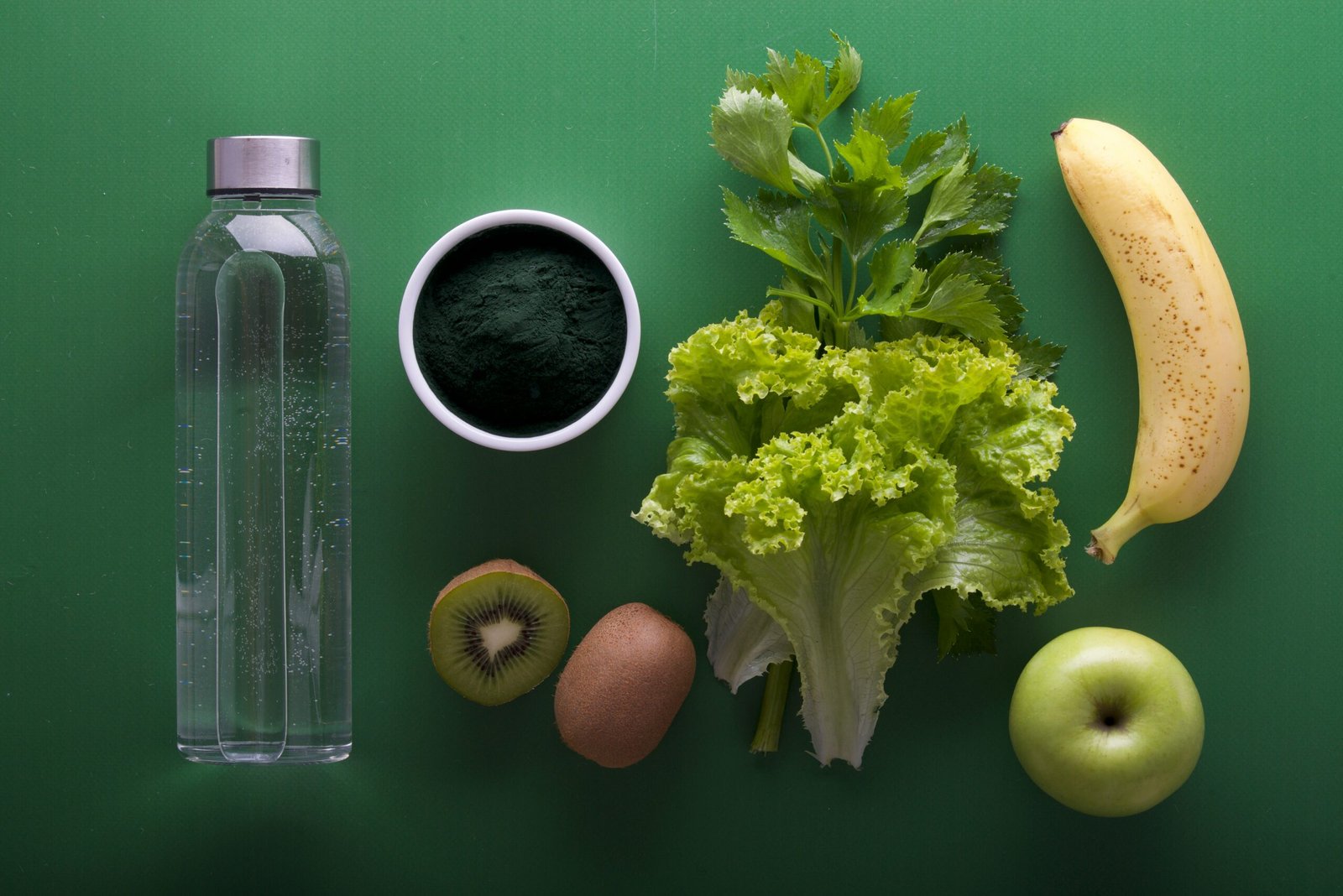Contemporary Russian Lifestyle: Exploring Trends in Fashion, Food, and Culture
The Fashion Forward: Russian Style Trends
The contemporary fashion landscape in Russia is an exciting amalgamation of tradition and modernity. In recent years, there has been a notable resurgence of interest in traditional Russian textiles and styles, which are being ingeniously incorporated into contemporary designs. This fusion has led to a vibrant fashion scene that reflects both cultural heritage and modern sensibilities.
Local designers play a pivotal role in shaping this evolving style narrative. Many of them are reinterpreting age-old patterns and techniques, breathing new life into classic garments. For instance, brands like Ivanova and Vardanyan are notable for their use of colorful palekh-style prints and intricate embroidery, rooted in Russian folklore. These unique elements not only celebrate Russian craftsmanship but also align with global trends that value authenticity and artisanal creations.
Moreover, the influence of international fashion movements cannot be overlooked. As global trends flow into Russia, the integration of minimalist Scandinavian aesthetics and avant-garde styles from the likes of Paris and Milan is becoming prominent. This cross-pollination has given rise to a hybrid form of Russian fashion that resonates well with the younger generations. Popular fashion weeks in major cities such as Moscow and St. Petersburg are showcasing collections that merge Western design philosophies with Russian motifs, creating a distinctive, modern wardrobe.
Social media has also emerged as a significant platform for fashion innovation in Russia. Influencers and fashion bloggers are at the forefront of this movement, often promoting both local designers and contemporary lifestyle choices. This digital presence not only boosts visibility for Russian fashion but also engages a global audience, fueling the local fashion industry’s growth.
Overall, the current trends within Russian fashion highlight a dynamic interplay between historical influences and modern expressions, making it a fascinating aspect of contemporary lifestyle in Russia.
Culinary Revolution: The Modern Russian Kitchen
The culinary landscape of Russia is undergoing a remarkable transformation, reflecting the nation’s heritage while embracing modern techniques and global influences. The contemporary Russian kitchen is characterized by a vibrant fusion of traditional flavors and innovative cooking methods, leading to a renaissance in dining experiences across the country. Chefs and home cooks alike are experimenting with locally sourced ingredients, which has given rise to a robust farm-to-table movement. This shift not only enhances the quality of dishes but also fosters sustainable practices that prioritize environmental health.
Many restaurants have embraced the philosophy of culinary innovation, reinterpreting classic Russian recipes with a modern twist. Iconic dishes such as borscht and pelmeni are being reinvented to appeal to contemporary palates, often utilizing unexpected ingredients while retaining essential characteristics of their traditional forms. Additionally, the resurgence of interest in native Russian products, from unique grains to regionally specific vegetables, plays a crucial role in this culinary shift. This renewed focus on local produce not only supports farmers but also invigorates the creativity of chefs throughout the nation.
The rise of health-conscious dining has also altered the culinary scene. Many establishments are now prioritizing menus featuring organic, non-GMO produce, which caters to an increasingly aware population concerned with food quality. The interplay between tradition and modernity can be seen in the emergence of dishes that blend classic Russian recipes with contemporary dietary trends, such as vegetarian or gluten-free options, reflecting both cultural respect and adaptability.
In summary, the contemporary Russian kitchen represents a vivid culinary revolution, moving towards sustainable practices while revisiting and refreshing time-honored traditions. As the culinary scene continues to evolve, it is a testament to Russia’s ability to honor its roots while embracing the future.
Cultural Renaissance: Arts and Entertainment in Russia
In recent years, Russia has experienced a remarkable cultural renaissance, marked by a resurgence of interest in various art forms, including theater, cinema, and music. This revival has been characterized by innovative storytelling, fresh perspectives, and the transformation of traditional art into contemporary expressions that resonate with modern audiences. A growing number of artists are leveraging their platforms to engage with pressing social issues, allowing for a deeper exploration of themes such as identity, gender, and historical memory.
Theater, in particular, has undergone significant transformation, with a new generation of theater directors and playwrights challenging conventional narratives and pushing the boundaries of artistic expression. Collaborations between established institutions and emerging creatives have led to dynamic productions that not only entertain but also provoke thought and discussion among audiences. This shift reflects a broader trend in Russian society, as people increasingly seek to dialogue with their cultural heritage while grappling with contemporary realities.
Similarly, the film industry is thriving, with filmmakers gaining international recognition for their work. The rise of digital platforms has facilitated the distribution of independent films, allowing a diverse range of voices to be heard. These films often tackle social issues head-on, offering unfiltered perspectives on life in Russia today. Cinematic works are embracing a mix of genres and aesthetics, contributing to a rich cinematic landscape that intrigues both domestic and global viewers.
Music in Russia is also undergoing a renaissance, with artists from various genres experimenting with styles and infusing traditional sounds with contemporary influences. This fusion has not only appealed to younger generations but has also revitalized interest in indigenous musical forms, creating a compelling juxtaposition of the past and present. As Russian artists continue to redefine their cultural landscape, they play an essential role in shaping the conversation around art and society in contemporary Russia.
Health and Wellness: A Shift in Lifestyle Choices
In recent years, there’s been a noticeable transformation in the daily lives of many individuals in Russia, emphasizing health and wellness as central elements of the contemporary lifestyle. This shift mirrors a growing global consciousness about personal well-being, where the focus on mental and physical fitness has taken center stage. More Russians are adopting balanced diets, engaging in various forms of exercise, and prioritizing mental health, underscoring a significant change in cultural attitudes toward self-care and holistic living.
Fitness trends have gained substantial momentum, with a notable uptick in participation in gym memberships, organized sports, and outdoor activities. Group workout sessions, yoga classes, and personal training have become mainstream, promoting not only physical fitness but also a sense of community among participants. Furthermore, young people are increasingly gravitating towards innovative fitness trends, such as functional training and high-intensity interval training (HIIT), which cater to diverse lifestyles and preferences. This surge in fitness awareness reflects a broader cultural shift, as health and wellness have become essential facets of everyday life in Russia.
In addition to physical health, mental wellness has emerged as a significant priority, with greater advocacy for mental health awareness and destigmatization of seeking help. Many Russians are now openly talking about their mental health challenges and exploring therapeutic options. Various initiatives, such as workshops on stress management and mindfulness, aim to provide support and resources for coping with the pressures of modern life. This growing acceptance signifies a departure from the traditional Russian stoicism toward more open discussions about emotional well-being.
The integration of holistic practices, including integrative health approaches and natural remedies, further illustrates this holistic inclination in contemporary Russian lifestyle choices. As more people recognize the interconnectedness of body and mind, they are exploring alternative methods of achieving wellness, thereby enriching their quality of life. Such trends are not only reshaping personal habits but are also indicative of a radical evolution in societal norms surrounding health and wellness in Russia.









